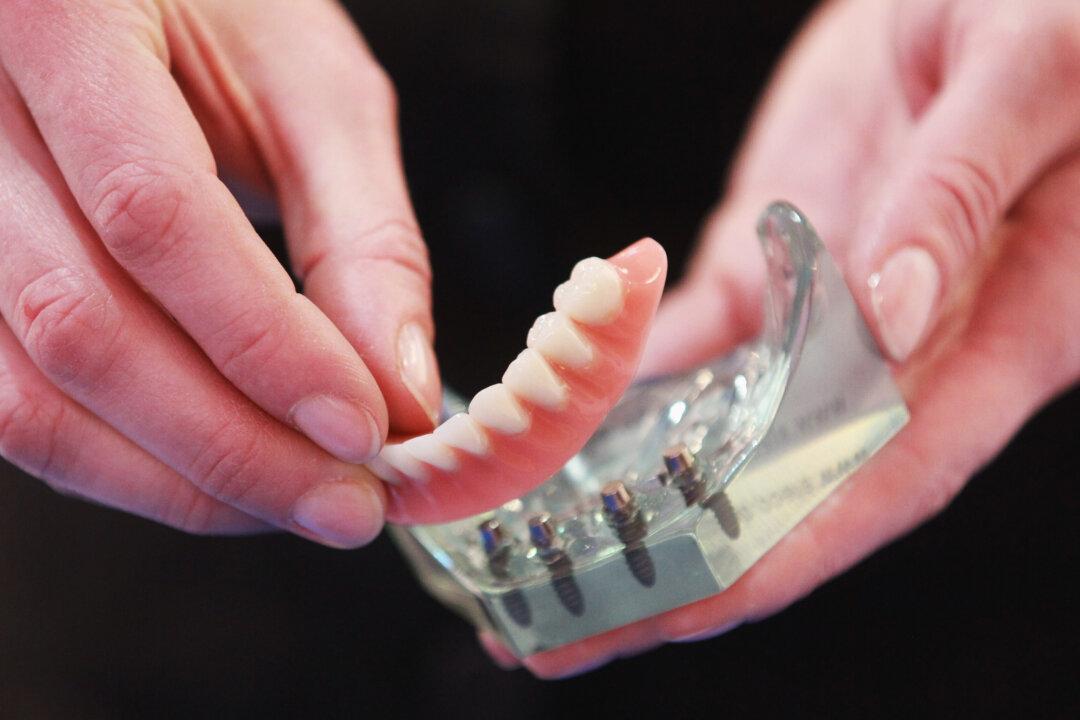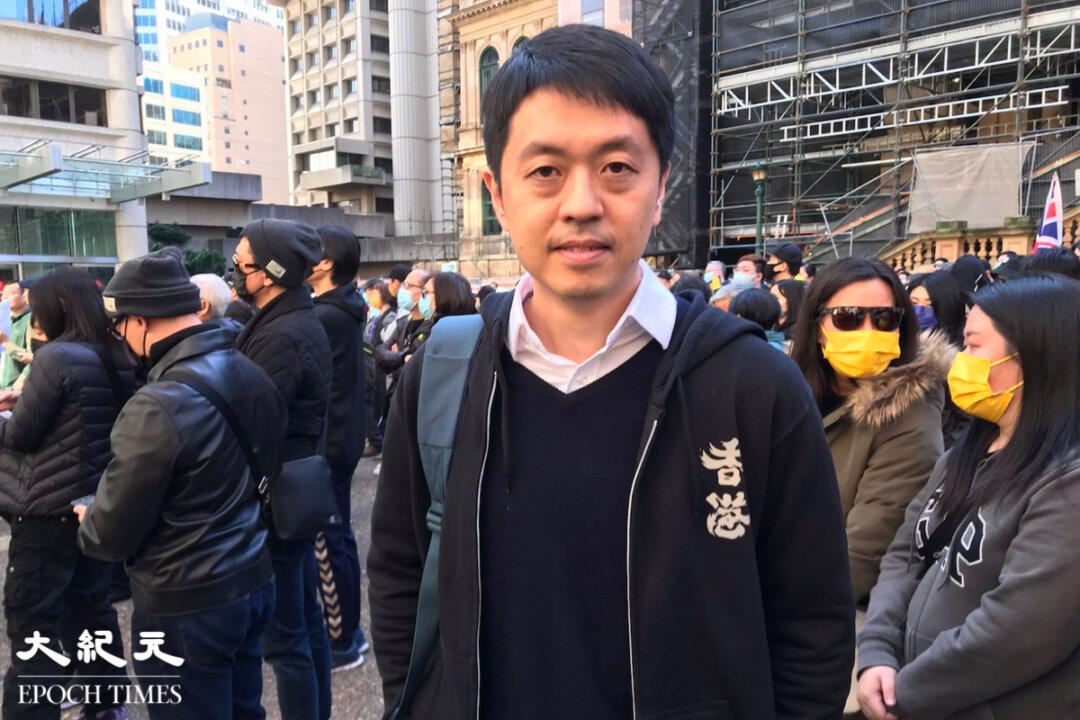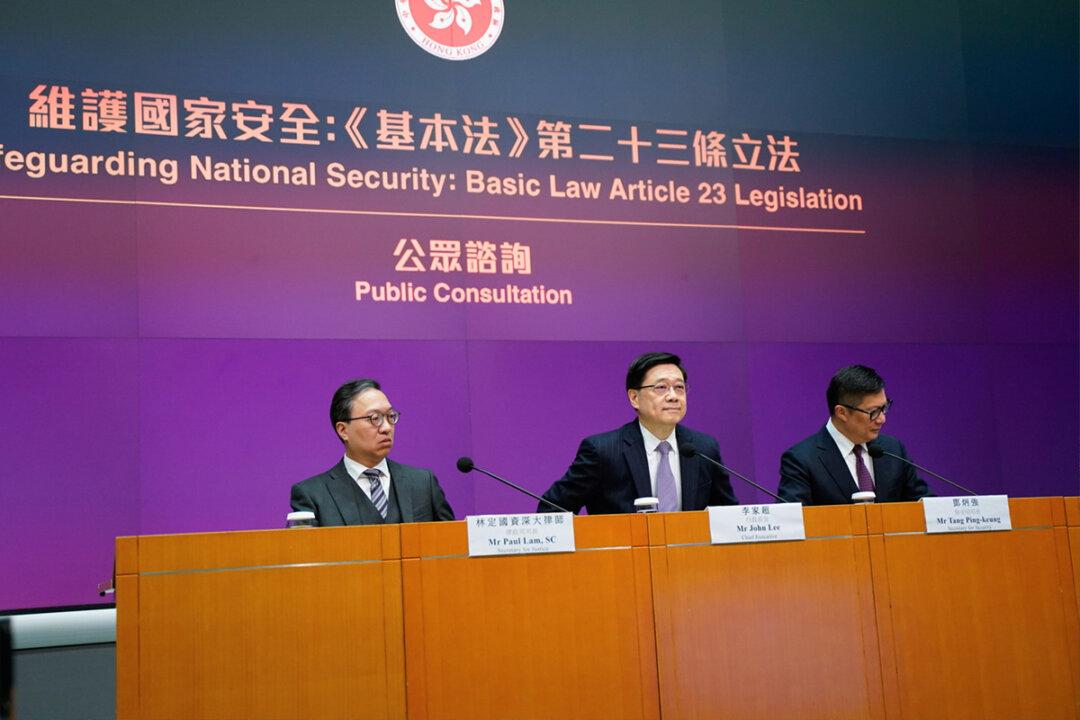The design and fabrication of dentures often requires a great deal of time to collect dentition information and numerous fittings due to the limitations of the current technology, and can increase the time needed for patients to get proper fitting dentures.
Researchers from the University of Hong Kong (HKU) Faculty of Dentistry and the Department of Computer Science at Chu Hai College of Higher Education collaborated to develop an artificial intelligence (AI) program that would automate the design of dentures for patients, save time, and improve accuracy of fit.




